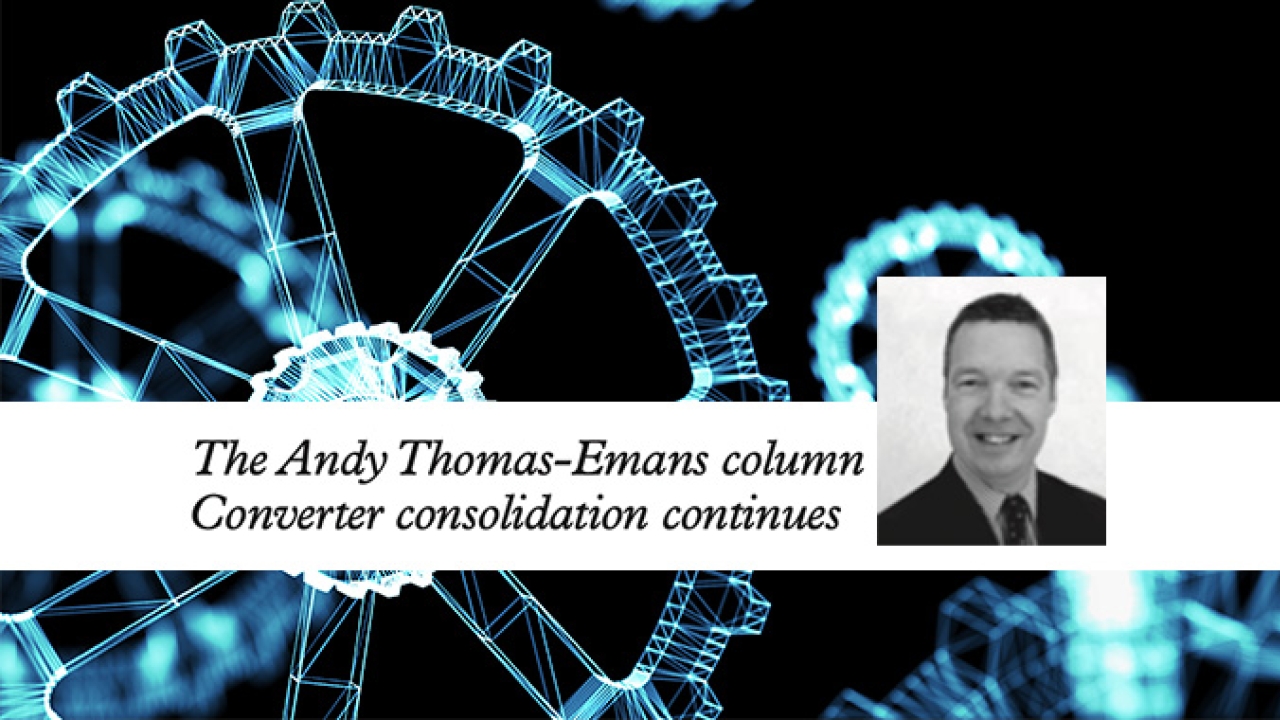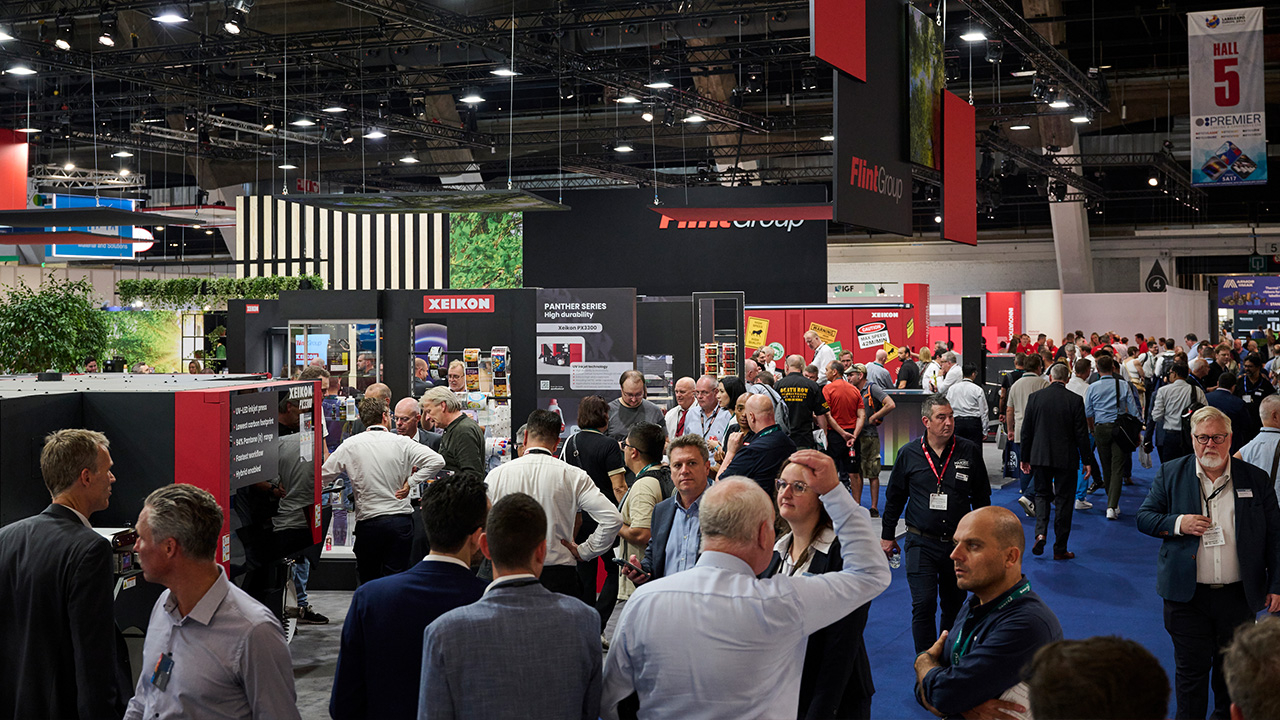Converter consolidation continues

The label converting industry has historically been driven by smaller (so-called ‘mom+pop’) sized companies, founded by entrepreneurial individuals and often by senior press operators leaving to start their own converting businesses.
According to L&L and Labelexpo’s global database, around 80 percent of the 35,000 label converting businesses still fit this model, with turnovers below 3-5m USD. Although it is less common to see mom+pop start-ups in the developed economies, it still remains the main driver for growth in developing economies – which are themselves the drivers for global industry growth.
In fact in the developed label markets of Europe and North America, consolidation of label converting businesses is accelerating, changing the shape of the industry in a profound way. There are many factors at work here. The retirement of the first-generation of label converter business founders; the requirement from brand owners for redundant capacity and local servicing for their regional hubs; the need to reinvest more frequently to stay competitive; and the need to diversify into complementary package printing technologies.
Of course converter consolidation is not new. When I first started writing about the label industry in the 1990s, there were giant, mainly US-based packaging groups buying up family or privately-owned European label companies – Clondalkin, Chesapeake for example – as well as European examples like the Wace group.
Not all corporate acquisitions in this period were successful. The most typical mistake was to destroy the entrepreneurial driving force that made the smaller companies successful in the first place. The label industry, unlike, say, wide-web flexible packaging, is not a scalable business, in the sense that simply adding capacity does not necessarily equate to more efficiency and market power.
Personal relationships
Most smaller converters are successful precisely because of the personal business relationships their owners and managers have built up, often on a hyper local level. Simply adding them to a bigger group may make them more efficient – by allowing pooling of procurement for example – but if the founders are let go, those personal relationships can no longer simply be taken for granted by a new team of corporate customer relationship managers.
Indeed, Latin America furnishes us with an example of the original founder, having sold his business, setting up again and regaining their original clients on the basis of personal trust.
Corporate acquisition may also stifle the agility required in an industry where technologies and end user markets change with bewildering rapidity. Entrepreneurs who were taking decisions based on experience, close customer contact and gut feel were now having to go through multiple layers of management before investment decisions were approved.
Those lessons seem to have been learned, as two current case studies demonstrate. Firstly, the growth of the All4Labels group, which recently expanded to include Italian shrink sleeve label converter Rotomet and the roll-fed activities of the GPS Group. All4Labels, which first brought together X-Label, Rako and Baumgarten in 2016, now has 29 production facilities worldwide, with over 3,000 employees and an annual revenue in excess of 520m Euro. All this has been achieved without an actual acquisition. The group was, and continues to be, based around inviting family-owned label converters to join up. This allows All4Labels to leverage the advantages of global scale with those of local engagement, where customers continue to engage with known and trusted sales teams.
The second case study is the rapid growth of the Optimum Group, backed by IK Investment Partners, which recently added German label converter SC Etiketten to its roster of 12 converters based in the Netherlands, Belgium, Germany and Denmark. This makes Optimum group one of the biggest label converting groups in Europe, a feat achieved in only two years. The other member companies are Etiket Nederland, Vila Etiketten, Max. Aarts, W&R Etiketten, Belona, Megaflex, EPB, ASQ Labels, Telrol, Kolibri, FlexoPrint, and H&T Labelprint.
Again the interesting point is that each of these companies has kept its own identity, and the private owners and their management teams have been left to run their companies while being integrated into management and procurement structures of the Optimum Group. Private owners have also reinvested in Optimum stocks.
In the US, converter consolidation continues apace along similar lines. The recent acquisition of Paco Label Systems by Frankston Packaging Company demonstrates two interesting acquisition trends in the US: adding complementary package print technologies to a ‘one-stop’ group hub, and reaching more deeply into regional markets.
Thus Frankston’s portfolio already includes cartons, boxes, flexible packaging and corrugated. Paco Label Systems will bring added depth to its pressure-sensitive label and flexible packaging capabilities, as well as deepen its regional reach into the southwestern region of the US.
Consolidation, long a powerful centrifugal force in the supplier and brand ends of the chain, now seems to be an unstoppable force also on the converter side.
Stay up to date
Subscribe to the free Label News newsletter and receive the latest content every week. We'll never share your email address.


